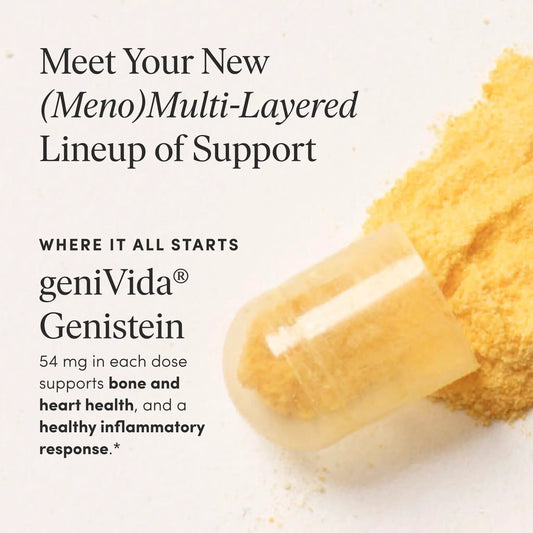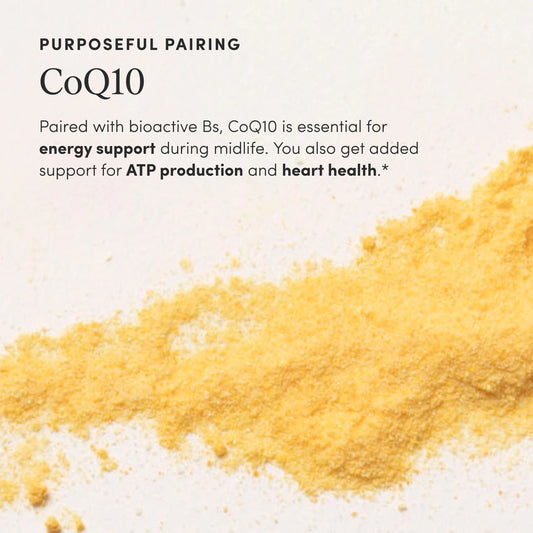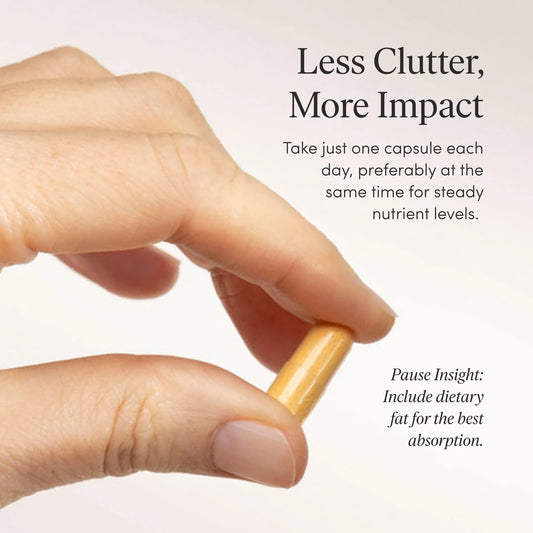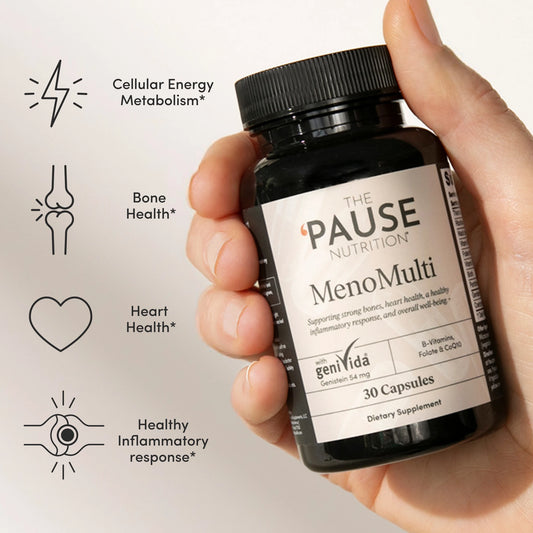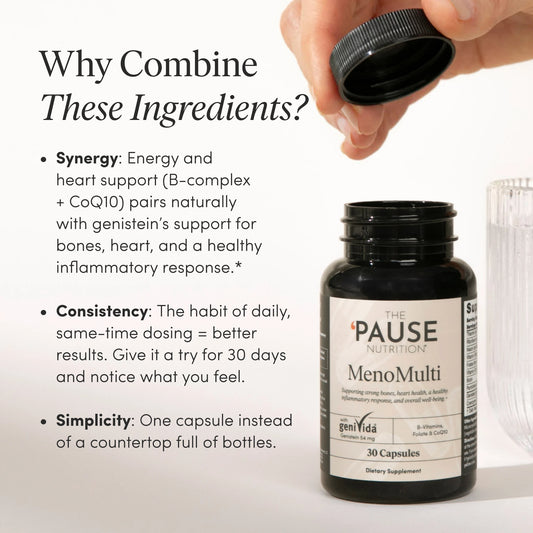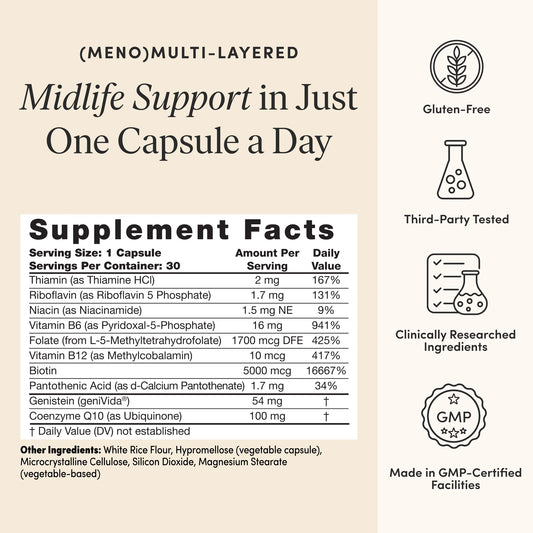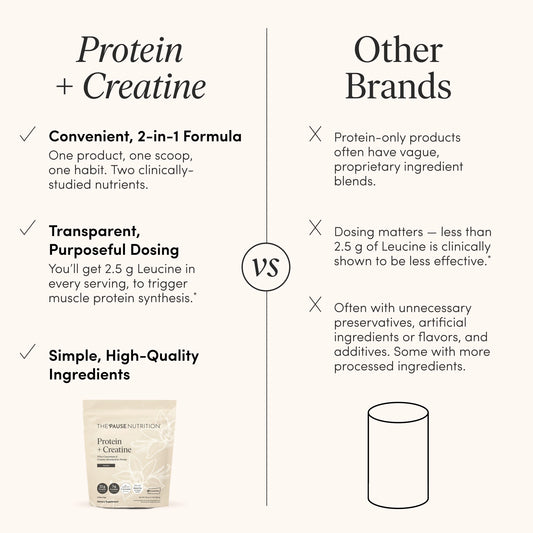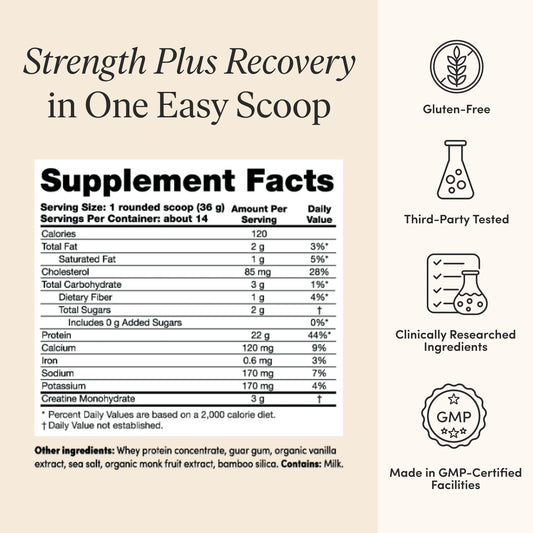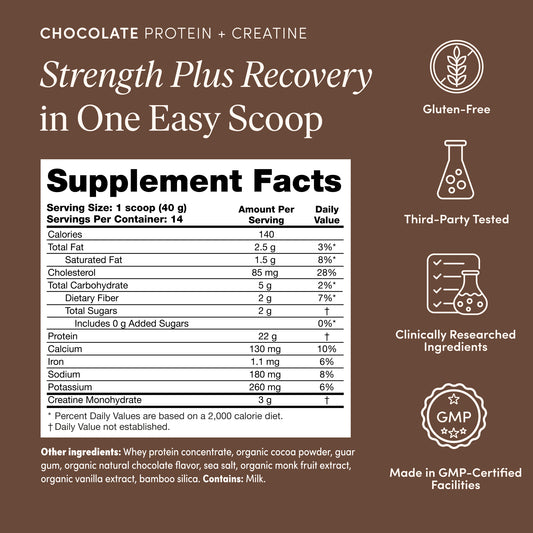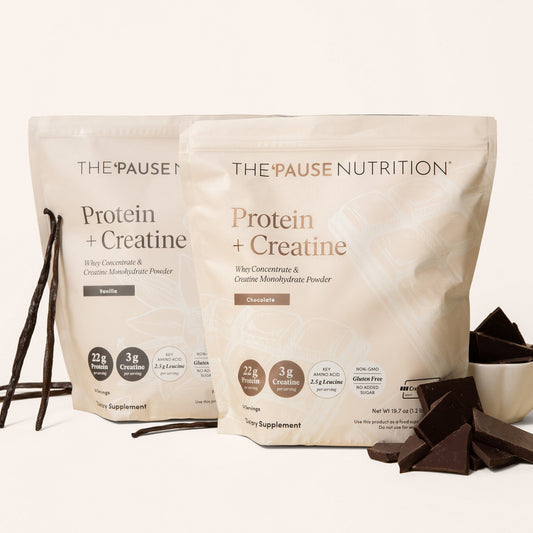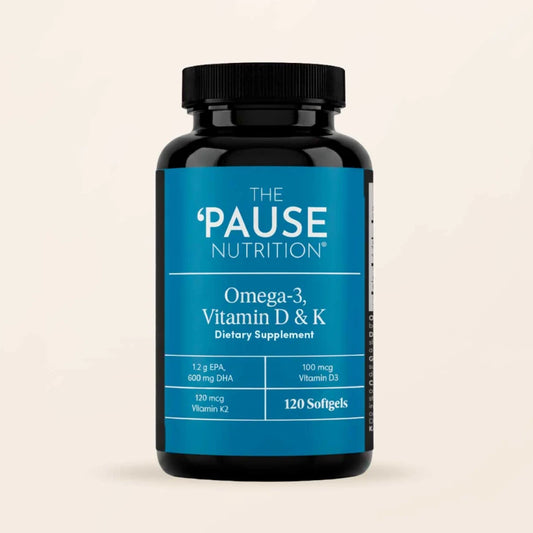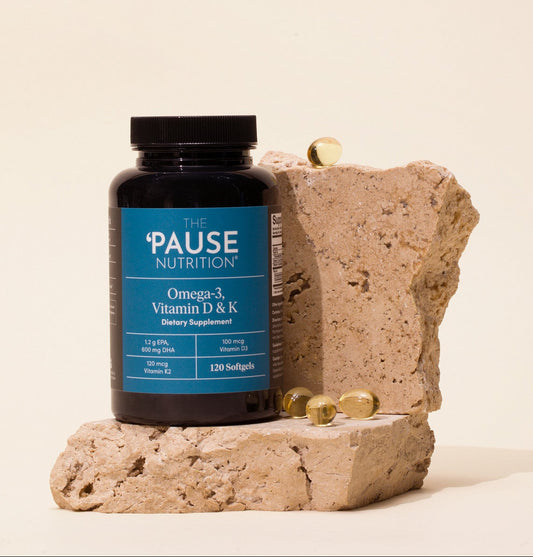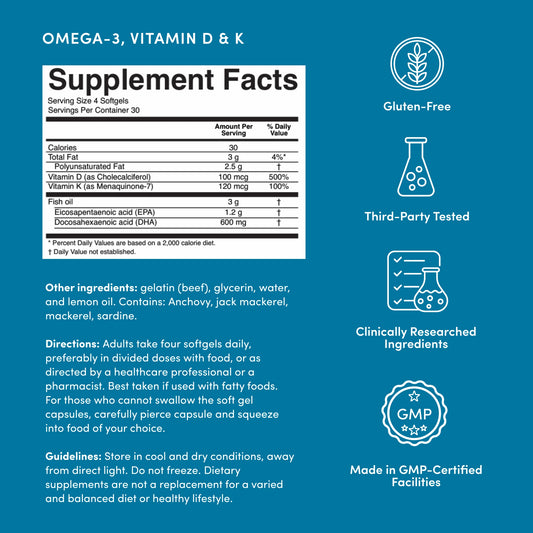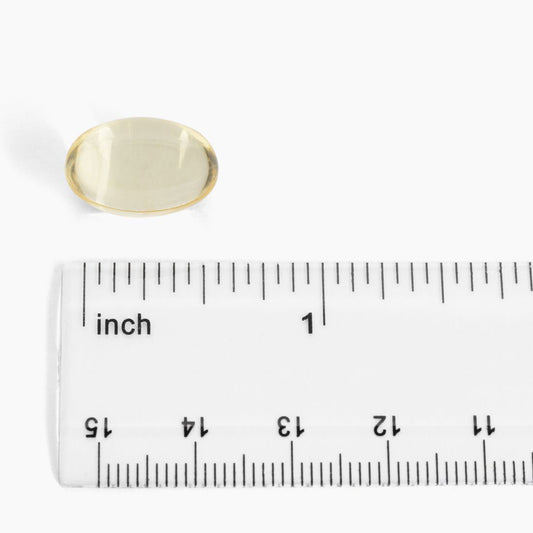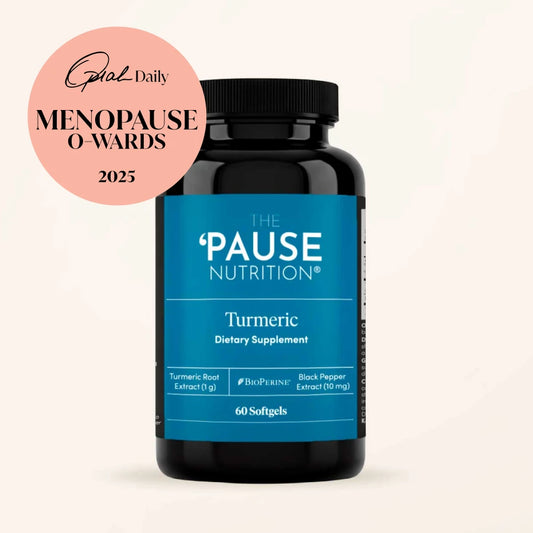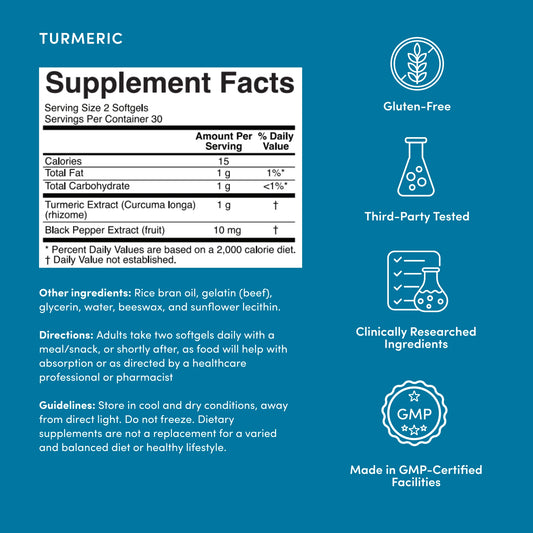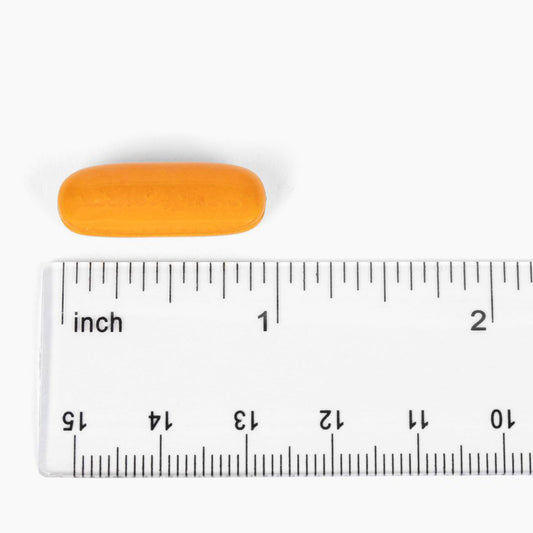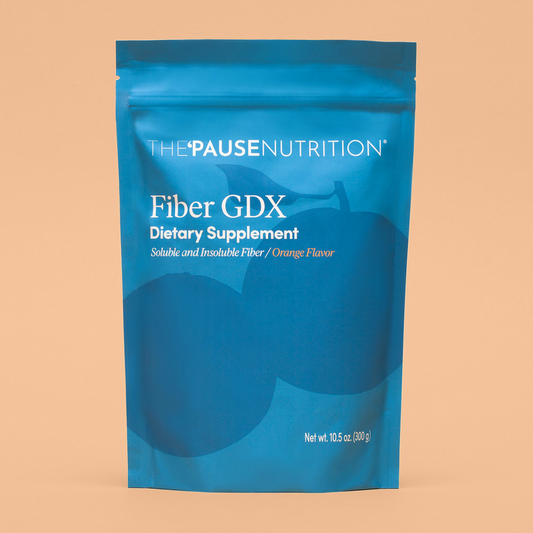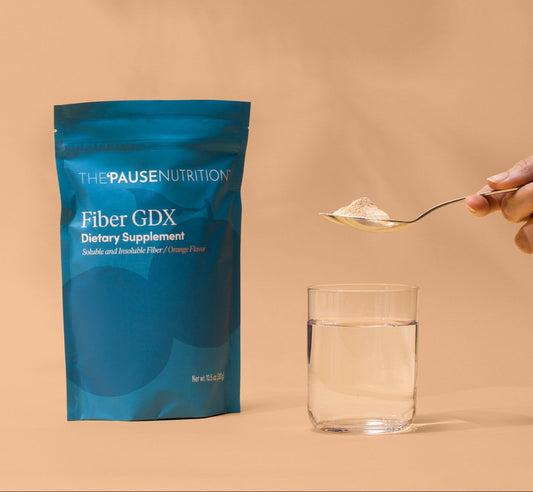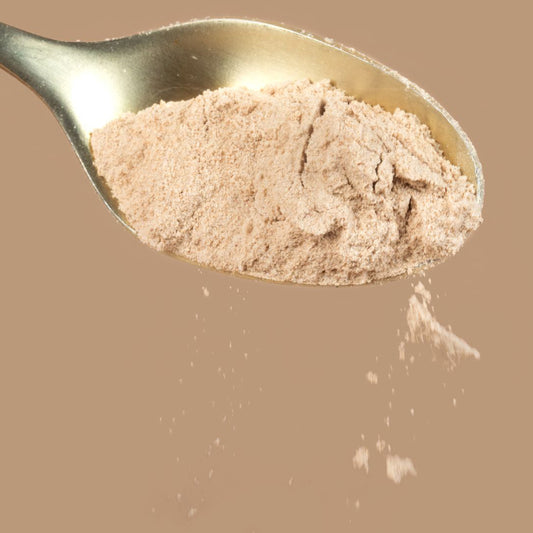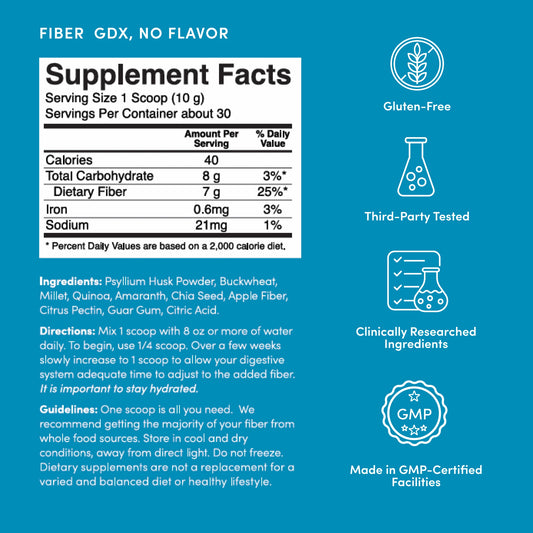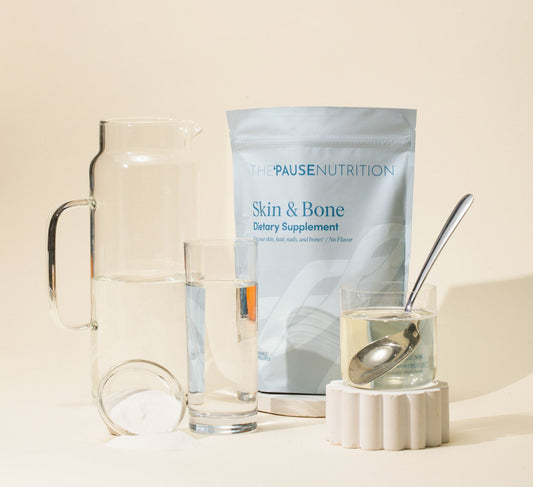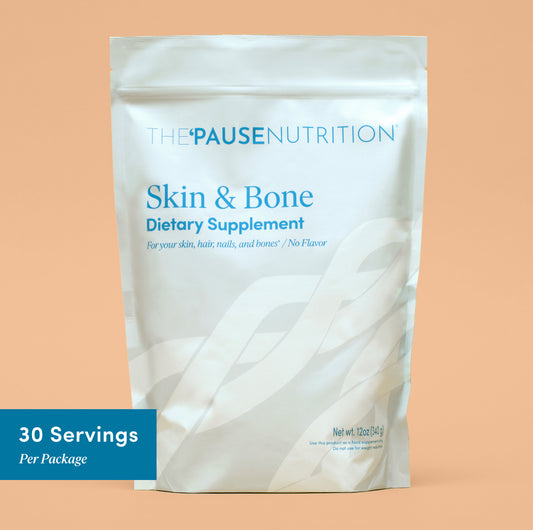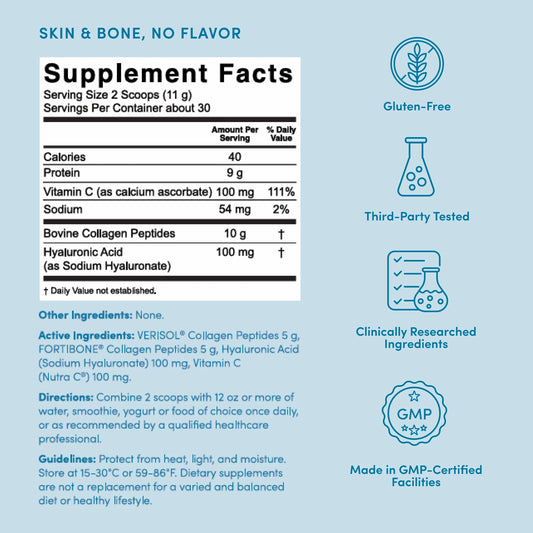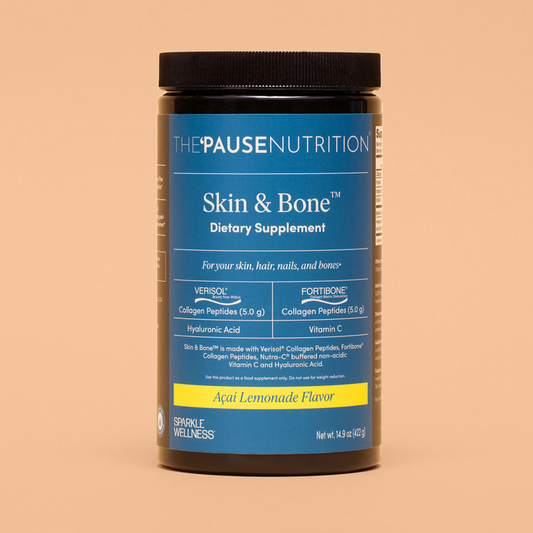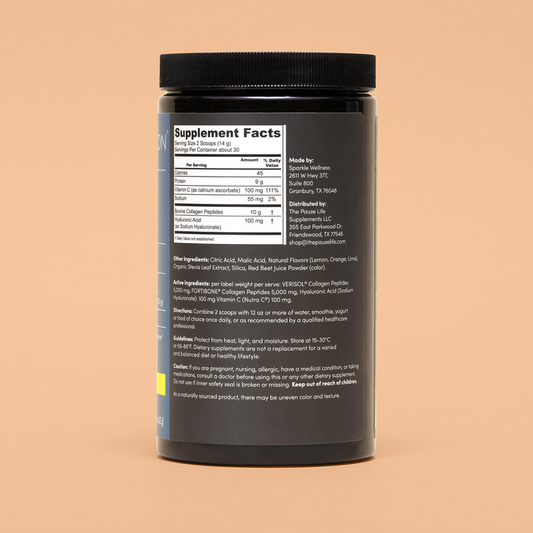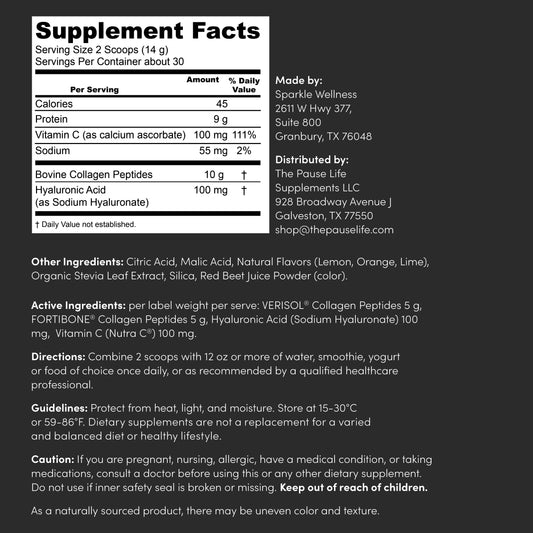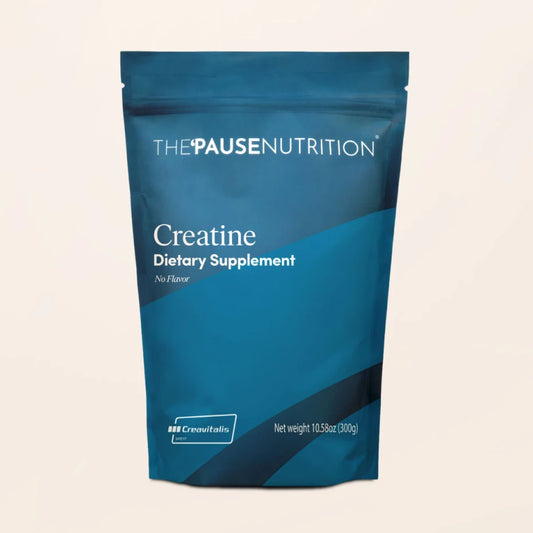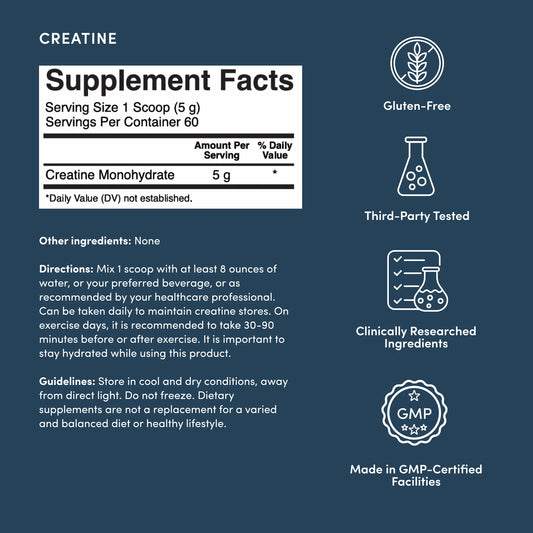Beyond Hot Flashes: The Health Benefits of Menopausal Hormone Therapy

Share
For women in menopause, targeted menopausal hormone therapy (MHT) can combat well-known symptoms like hot flashes and night sweats. But, did you know that hormone therapy also has other health benefits? MHT can have a significant positive impact on multiple areas of the body, including the cardiovascular and skeletal systems.
The Research…The Benefits
In 2022, The Menopause Society (TMS) released a statement on the safety of menopausal hormone therapy. After extensive research, experts determined that the use of MHT in certain circumstances is safe and beneficial.
Relief from Menopause Symptoms
MHT is highly effective at relieving common menopausal symptoms like hot flashes, night sweats, vaginal dryness and mood disturbances. For women experiencing severe symptoms, MHT can greatly improve quality of life by alleviating discomfort and improving overall well-being.
Bone Health
Declining hormone levels in midlife can leave women at a higher risk of osteoporosis and fractures. MHT can help maintain or improve bone density which can reduce those risks.
Cardiovascular Health
In some cases, MHT can have a positive impact on cardiovascular health by improving cholesterol levels and reducing the risk of heart disease. These benefits occur most frequently when MHT is started within a certain window of time after menopause.
Vaginal Health
MHT, in the form of vaginal estrogen, can be particularly beneficial for relieving vaginal dryness, atrophy, and discomfort (symptoms of the Genitourinary Syndrome of Menopause or GSM) which can significantly affect sexual health and overall comfort.
Talk to your healthcare provider and decide together.
The decision to use MHT can be different for each woman. Together with your healthcare provider, this individual decision process should consider your specific health history, age, and the nature and severity of your menopausal symptoms. Here are some tips on how to approach your provider about MHT.
Informed Decision-Making
It is important to have open and informed discussions with your healthcare provider. Knowledge is power, and when you understand the potential risks and benefits, and weigh them against your individual circumstances and preferences, you are in a better position to decide.
While MHT can offer significant benefits, it is not suitable for every woman and the decision should be made on a case-by-case basis. For some women, alternative treatments or lifestyle modifications may be more appropriate.
Continuous Monitoring
Women on MHT should be monitored by their healthcare provider on a regular basis to assess the ongoing need for treatment and to adjust the plan if necessary. This approach helps ensure MHT remains safe and effective.
MHT is one piece of the puzzle.
Menopause care should be approached with a comprehensive “toolkit” that includes multiple strategies. The “ultimate menopause toolkit” encourages women to incorporate quality nutrition, exercise, pharmacology (if appropriate), sleep hygiene and community support into their lifestyle to help manage and reduce the severity of the symptoms they’re experiencing. Each tool has its benefits.
Nutrition
Nutrition is a cornerstone of menopause care. A balanced diet rich in fruits, vegetables, whole grains, lean proteins, and healthy fats can help manage weight, support bone health, and reduce the risk of chronic diseases. I provide some really helpful nutritional tips in the Belly Fat Blast and the 'Pause Strong challenge articles.
Exercise
Regular physical activity, including both aerobic and resistance training, can help manage weight, maintain muscle mass, improve cardiovascular health, and enhance overall well-being. Exercise can also help alleviate mood disturbances and improve sleep quality. You can learn more and access two free workouts created by my own personal trainer, Holly Rilinger, in the 'Pause Strong article linked above.
Stress Reduction
Stress reduction techniques, such as mindfulness, meditation, yoga, and deep breathing exercises can help women manage the emotional and psychological aspects of menopause. I have created a daily journaling routine and use the Headspace and Calm app and these tools help me immensely.
Sleep Optimization
Addressing sleep disturbances is crucial during menopause. Good sleep hygiene, relaxation techniques and, in some cases, consultation with a sleep specialist can be helpful. My friend and colleague, Dr. Andrea Matsumura, is a sleep medicine specialist whose focus in on supporting women in mid-life. (Follow her on Instagram for information and resources.) Together we formulated Pause Sleep® to support relaxation, transition to nighttime rest, and a healthy sleep-wake cycle.*
Pharmacology
MHT is one of the pharmacological options available for managing menopause symptoms, but it is just one part of the toolkit. Non-hormonal options, such as selective serotonin re-uptake inhibitors (SSRIs) or selective serotonin-norepinephrine re-uptake inhibitors (SNRIs), may also be considered for symptom management.
Community and Support
Building a support network and connecting with other women experiencing menopause can provide emotional support and valuable insights into managing this life transition. Online and in-person support groups and educational resources can be helpful. Join our free 'Pause Life community to meet like mind people who understand what you're going through.
Bonus Tool: Supplementation
Some women may benefit from dietary supplements, such as vitamin D, which many women don’t get nearly enough of. Be sure to discuss supplement use with a healthcare provider to ensure supplementation is right for you.
“The decision to pursue MHT should be made in collaboration with a healthcare provider who can provide guidance and monitor progress over time.”-Dr. Mary Claire Haver














